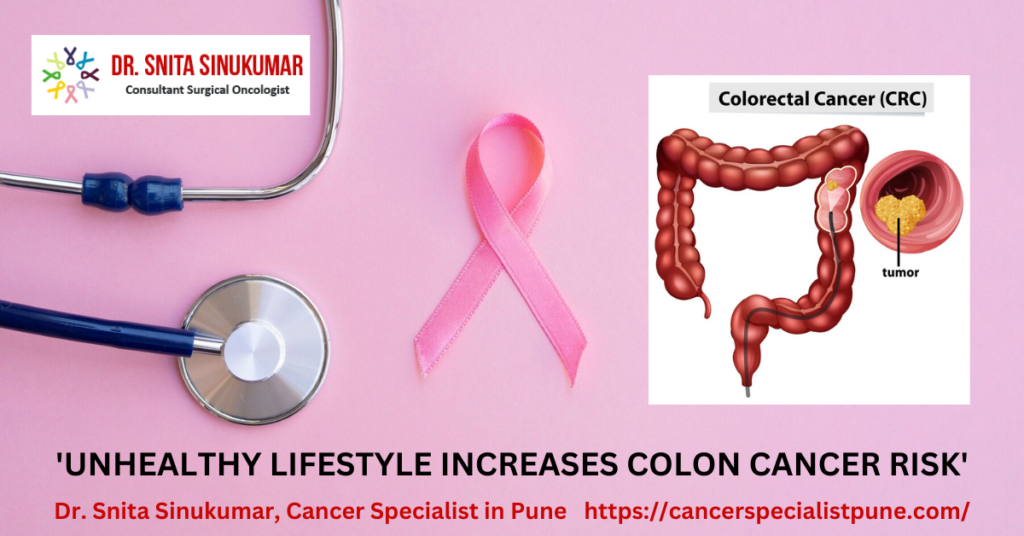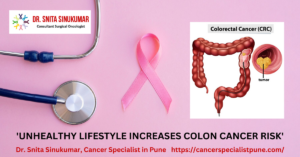In recent times, medical professionals in urban areas have noticed a concerning uptick in colorectal cancer cases, although there has been a decrease in mortality rates associated with the disease. Among the 100 patients diagnosed with tumors at city hospitals within a month, head and neck cancer remains the most prevalent, followed closely by breast cancer, with colorectal cancer topping the list among the remaining cases.
Experts report that approximately 10% to 15% of tumor patients now present with colorectal cancer, a notable increase from the previous rate of around 5% to 7%. Alarmingly, there has been a rise in cases among individuals in their twenties and thirties, indicating a shift in the typical age demographics affected by the disease.
Research indicates a strong correlation between unhealthy dietary habits and the incidence of colorectal cancer, while diets rich in fiber and essential nutrients like calcium are associated with decreased risk. According to Dr. Snita Sinukumar, an oncology consultant at Jehangir Hospital, colon cancer often stems from DNA mutations in colon or rectal cells, triggering uncontrolled cell growth. While the exact cause remains elusive, factors such as dietary choices, tobacco and alcohol consumption, and certain hereditary syndromes or family histories are known to heighten susceptibility.
Dr. Sinukumar emphasizes the importance of timely detection and treatment, which have contributed to the decline in mortality rates. Globally, colon cancer ranks as the third most common cancer, accounting for approximately 10% of all cases and standing as the second leading cause of cancer-related deaths.
Symptoms of colon cancer, such as blood in stools or changes in bowel habits, can often masquerade as less serious conditions like hemorrhoids, leading to missed diagnoses. Dr. Sinukumar stresses the significance of recognizing these potential signs and conducting thorough endoscopic examinations and biopsies for early detection and effective intervention.
Dr. Sujay Hegde, an oncology consultant at Ruby Hall Clinic, points out that the incidence of colorectal cancer has surged in urban areas like Pune. He attributes this trend to the aging population as well as the pervasive adoption of Westernized diets characterized by unhealthy food choices.
Dr. Nagnath Yempalay, the district civil surgeon, notes the absence of colorectal cancer screening programs within the public health department. This underscores the need for increased awareness and proactive measures to address the growing threat of colorectal cancer within the community.


